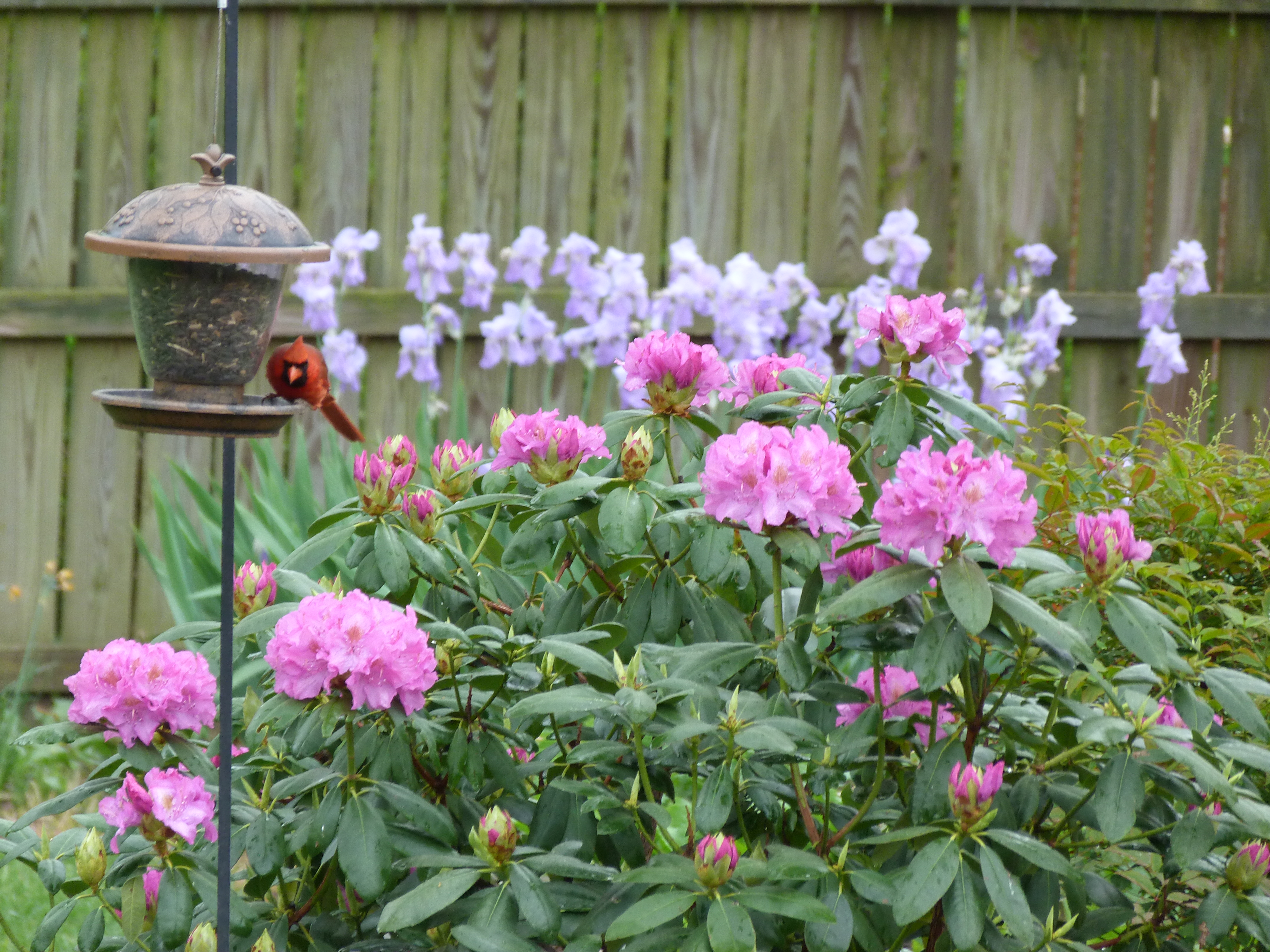 Photo Credit: Screen Shot – Art of Charm
Photo Credit: Screen Shot – Art of Charm
I had an Aha moment recently when I discovered something had shifted in this season of my life. Social capital. To be honest, I didn’t even know what that was until a couple of weeks ago. Now, I can’t stop thinking about it and how to develop it…not for what it would benefit me personally but for what matters to me out there.
Social capital is the willingness of people to help each other. It often replaces money which people would use to buy the same help. Most ways of measuring social capital have to do with trust – people who trust that favors and help will be available when they need it will favor and help others more. Social capital is a lot like real capital. The more money a person or a society has, the easier it is to do things and the better off people are. – Simple English Wikipedia
 Photo Credit: IResearchNet
Photo Credit: IResearchNet
There is a significant difference between social capital and human capital. The Difference Between article below gives an excellent contrast. Simply put, human capital is the skillset I bring to a team or organization. Social capital involves networks or groups of people resourcing one another to achieve something they all want.
I could be a part of a team that has enormous human capital – brilliant, gifted, visionary people – but our potential for making remarkable change would be hampered if we ignored the social capital we could bring to bear. This is the silo effect in organizations. It’s also the inner circle handicap in other parts of our lives – where we focus on our own benefit and not that of a larger society. I referred to Jeremy Writebol’s article on this here.
My experience throughout life with social capital (before even knowing what it was) has been rich and fruitful. Just a couple of examples follow:
- Years ago when I worked in a cancer center in East Tennessee, we wanted a vehicle for patient and family support that would endure throughout the experience with cancer (either to cure or death). There were several on our team who brought immense human capital to the table. Fortunately we also brought the resources of many networks alongside – the patients and families themselves, a nearby university, the cancer center’s foundation, the local American Cancer Society, churches and other private benefactors, and volunteer groups. It was an amazing collaborative experience and that support program continues to this day.
- When we were living in North Africa, and our children were in high school, I was struck by the number of musically gifted young people with no avenue to share their art. In fact, at their school as wonderful as it was, there was no parent group, no booster club of any sort, to drive projects that would benefit neither the school nor the community. This small observation grew into a much larger idea and then, with surprisingly wide-reaching social capital of parents, staff, and the students themselves, a group called Better Together was formed. Out of this group was birthed an annual visual and performing arts festival which continues today. Also out of this group, our group was able to use our social capital (our various social networks) to benefit some of the local charities as well as the overall offerings of the school itself.

Social capital can be a solid foundation for developing a service or product or opportunity that benefits many. However, it can be squandered or diminished if not nurtured over time. Social capital depends on trusting relationships.
Photo Credit: NBS
Because of several factors in my own life – relocating geographically, job changes, and a series of other personal hurdles – I have let some of my social capital go cold. This happened in a season when I’m probably most aware of the enormous potential for deep, broad-reaching networking opportunities.
I just haven’t focused there lately…
Until now.
Recently I discovered Jordan Harbinger online. He writes and podcasts for a website called The Art of Charm. To be honest, the title did not draw me in, but the content did. He invites his readers/listeners to something called a social capital challenge. I signed on.
It’s not a fluffy challenge, I can assure you. In fact, it is supposed to be finished in a month, and I’m still stuck on Week 1. However, be assured, I WILL PREVAIL.
The first challenge is settling on a written goal of improving my social capital (and sharing it publicly). Here my personal struggle is deciding which of the many areas of benefiting others I’d like to land. If you are part of my now smaller social networks, you’ll hear more about this in the coming days. I’m going to need your social capital at play…and I’m confident we can accomplish more and Better Together.
What are your experiences with social capital? Your stories? Your thoughts on developing social capital? I would love to hear, in the Comments section below.
Social Capital Challenge – The Art of Charm
Jordan Harbinger – The Art of Charm – Twitter
The Whuffie Factor – Tara Hunt
Photo Credit: Amazon









